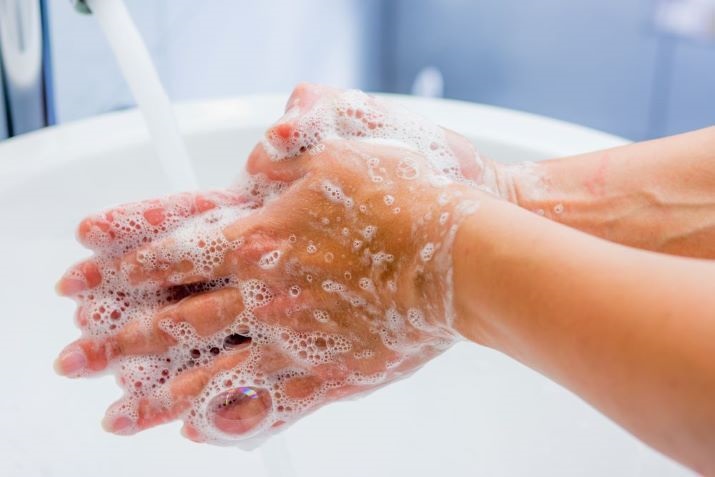
Washing your hands is an excellent way to prevent many types of illnesses. A simple wash, using running water and soap, is a highly effective and accessible kind of infection management. Studies show that handwashing can prevent most food-borne illnesses and respiratory infections.
Tips for Proper Hand Washing
- Avoid rushing: Many people think that a rapid splash of water on their hands is enough to eliminate germs. However, you must take at least 20 seconds, washing your hands thoroughly under running water.
- Soap up: Use soap, if possible, every time you wash your hands. The soap helps to loosen the dirt and germs off your hands. You don’t even need to use antibacterial soap as regular soap works just as well.
- Running water: Health experts recommend running water to avoid contaminating your hands again. Remember that soap lathers much better with warm water as compared to cold water. Alternatively, you can also use a sanitiser if you don’t have quick access to water.
- Avoid touching: If you’ve not washed your hands properly, avoid touching food, or even your face. Germs are readily transferred through your mouth, ears, or eyes and can make you sick.
Apart from frequent hand washing, there are other ways to ensure you prevent the spread of infection across your house or workplace.
Here are some best practice guidelines to prevent the spread of infections:
- Thoroughly wash your hands with water and soap within seconds of using the washroom, after touching any shared equipment and before preparing food. Ensure to dry your hands afterwards using a paper towel.
- Using an antibacterial alcohol spray or wipe, regularly wipe down your phone, keyboard, and desk.
- Carry a hand sanitiser and use it to prevent the spreading of any infection
- Practice proper coughing or sneezing etiquette and ensure to cover your mouth and nose
- Use and carefully dispose of tissues properly
Hand Washing to Prevent Infection
With cases of flu, colds, and other bacteria and viruses all around us, it is crucial to ensure your hands are always germ-free. For example, the recent coronavirus may be spread through touch. If an infected person coughs into their hand, then touches an object like a door handle, it can become contaminated. However, regularly washing your hands can help lessen the likelihood of infection.
The chances of Australians catching the coronavirus are currently pretty low. However, if that situation changes, then these simple strategies can help to prevent further spread of the virus:
- Maintain at least 1 metre distance from obviously sick people
- Washing your hands
- Thoroughly cleaning surfaces
- Proper cough etiquette
- Keep your hands away from your face
Hand washing prevents sickness and reduces the need for antibiotics, along with the potential of antibiotic resistance developing. By preventing respiratory infections and diarrhea-related illnesses, hand washing helps avert the over-prescription of antibiotics. It reduces the likelihood of getting ill with certain germs that have already proven to show antibiotic resistance and are therefore harder to treat.
Takeaway Message
Practising proper handwashing is critical to staying healthy, avoiding infection and preventing the spreading of germs, especially during the flu season.
